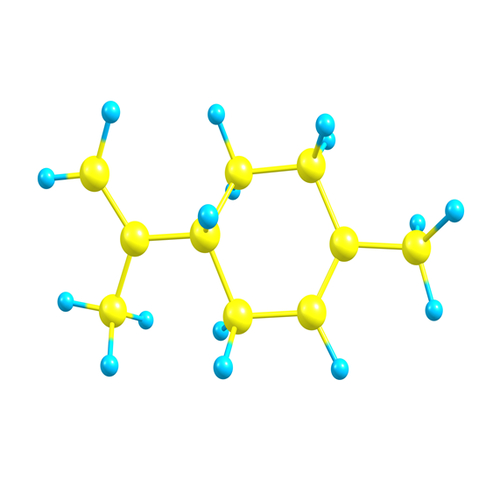
Background
Limonene is used for obesity, cancer, and bronchitis, but there is no good scientific evidence to support these uses.
In foods, beverages, and chewing gum, limonene is used as a flavoring.
Safety Safety definitions
When applied to the skin: Limonene is POSSIBLY SAFE when applied to the skin in amounts typically found in fragrances and personal hygiene products. It can cause skin reactions in people who are allergic to limonene.
Special Precautions & Warnings:
Pregnancy and breast-feeding: Limonene is LIKELY SAFE in food amounts, but there's not enough information to know if it's safe in larger medicinal amounts. Stay on the safe side and stick to the amounts found in foods.Effectiveness
- Cancer. One form of limonene (D-limonene) seems to build up in tumors in people with advanced cancer when it is taken by mouth. The high levels of limonene in the tumors may slow down the progress of the cancer, but their effect on the person's survival is uncertain.
- Obesity.
- Short-term swelling (inflammation) of the airways in the lungs (acute bronchitis).
- Other conditions.
Dosing & administration
Interactions with pharmaceuticals
Medications changed by the liver (Cytochrome P450 2C9 (CYP2C9) substrates)
Interaction Rating=Moderate Be cautious with this combination.
Some medications are changed and broken down by the liver. Limonene might increase how quickly the liver breaks down some medications. Taking limonene along with some medications that are changed by the liver can lead to a variety of effects and side effects. Before taking limonene talk to your healthcare provider if you take any medications that are changed by the liver.
Some of these medications that are changed by the liver include diclofenac (Cataflam, Voltaren), ibuprofen (Motrin), meloxicam (Mobic), and piroxicam (Feldene), amitriptyline (Elavil), warfarin (Coumadin), glipizide (Glucotrol), losartan (Cozaar), and others.
Medications that decrease breakdown of other medications by the liver (Cytochrome P450 2C19 (CYP2C19) inhibitors)
Interaction Rating=Moderate Be cautious with this combination.
Limonene might be broken down by the liver. Taking limonene along with medications that decrease the break down of limonene in the liver might increase the effects and side effects of limonene.
Some medications that might decrease the breakdown of limonene in the liver include cimetidine (Tagamet), fluvoxamine (Luvox), omeprazole (Prilosec); ticlopidine (Ticlid), topiramate (Topamax), and others.
Medications that decrease breakdown of other medications by the liver (Cytochrome P450 2C9 (CYP2C9) inhibitors)
Interaction Rating=Moderate Be cautious with this combination.
Limonene might be broken down by the liver. Taking limonene along with medications that decrease the break down of limonene in the liver might increase the effects and side effects of limonene.
Some medications that might decrease the breakdown of limonene in the liver include amiodarone (Cordarone), fluconazole (Diflucan), lovastatin (Mevacor), paroxetine (Paxil), zafirlukast (Accolate), and many others.
Medications that increase breakdown of other medications by the liver (Cytochrome P450 2C19 (CYP2C19) inducers)
Interaction Rating=Moderate Be cautious with this combination.
Limonene might be broken down by the liver. Taking limonene along with medications that increase the breakdown of limonene in the liver might decrease the effects of limonene.
Some medications that might increase the breakdown of limonene in the liver include carbamazepine (Tegretol), prednisone (Deltasone), and rifampin (Rifadin, Rimactane).
Medications that increase breakdown of other medications by the liver (Cytochrome P450 2C9 (CYP2C9) inducers)
Interaction Rating=Moderate Be cautious with this combination.
Limonene might be broken down by the liver. Taking limonene along with medications that increase the breakdown of limonene in the liver might decrease the effects of limonene.
Some medications that might increase the breakdown of limonene in the liver include rifampin (Rifadin, Rimactane) and secobarbital (Seconal).


